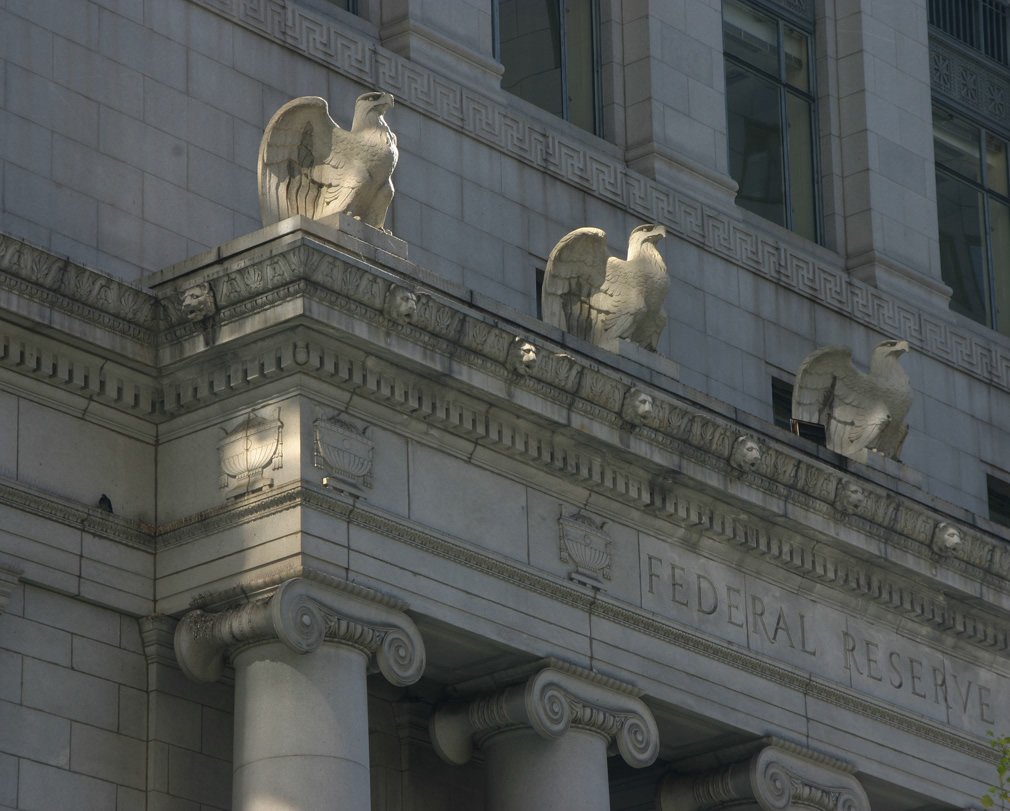The White House and the Federal Housing Finance Agency are calling for up to 12 months of mortgage forbearance for Americans who can’t pay their bills because of the COVID-19 pandemic.
The amount of people needing that help is so big, it might require the Federal Reserve to flex its muscles, according to a report from Cowen Washington Research Group. Specifically, the Fed might have to use Sec. 13 of the Federal Reserve Act that covers emergency lending, it said.
“We believe the Federal Reserve will either establish a new program under Sec. 13(3) or modify existing programs so that servicers can pledge guarantees from FHA, VA, rural housing, Fannie Mae and Freddie Mac in exchange for the liquidity needed to keep forwarding payments to MBS holders,” the report said. “This is consistent with our view that the Federal Reserve will use 13(3) to probably help consumers and businesses deal with the COVID-19 crisis.”
In other words, bondholders still have to be paid, and the Fed may need to establish a new liquidity facility to ensure that.
The Department of Housing and Urban Development, Fannie Mae, and Freddie Mac announced Wednesday that they are suspending foreclosures and evictions for at least 60 days to keep people in their homes as the coronavirus spreads and layoffs mount. Last week, FHFA Director Mark Calabria issued a statement urging servicers to offer struggling borrowers up to a year of forbearance.
On Thursday New York Gov. Andrew Cuomo announced his state is enacting a 90-day mortgage relief period for the state’s homeowners. The measures include waiving home-loan payments for 90 days, banning late-payment fees, and prohibiting the reporting of tardiness to credit bureaus.
Forbearance, a procedure outlined in documents that bond investors review before buying mortgage-backed securities, will create less instability in the markets than simply letting people skip payments, as the New York order outlined, Cowen said.
“The problem with the government simply declaring that borrowers can skip mortgage payments for several months because of a mortgage holiday is that the system is not designed for this outcome,” the Cowen report said. “We are not even sure the government could legally interfere with the obligation to make payments that are contractually obligated.”
Cowen said the best option is to buttress economic stabilizers that might enable people to keep making their mortgage payments, like immediate unemployment insurance and cash payments. If more is needed, the next step should be forbearance with Fed support, the report said.
“The president and FHFA are pushing forbearance, which is the traditional approach to dealing with disasters that leave borrowers unable to pay,” Cowen said. “Given the national scope of this crisis, we don’t see how servicers could handle the liquidity strain this would impose. It is why we believe the Federal Reserve will create a facility or expand an existing facility to facilitate forbearance.”







